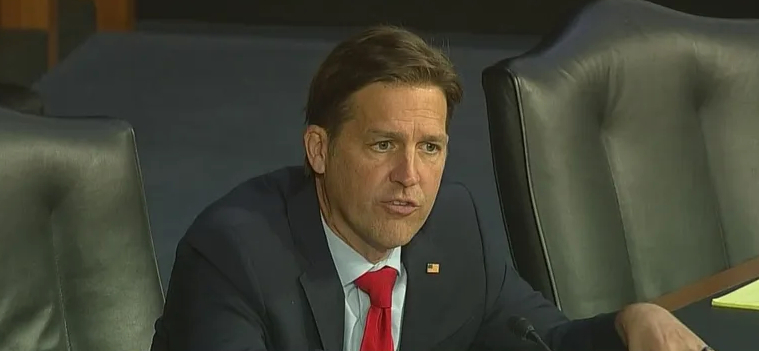Tevi Troy explains how the president is turning to the political left to make decisions involving Israel.
In the immediate aftermath of the Oct. 7 Hamas assault on Israeli civilians, President Joe Biden showed sympathy and support for Israel. Even as news of that day’s horrors, including the death of 30 Americans, continued to come out, Biden’s sympathy and support was not shared across his administration. As the war reaches its six-month mark, those anti-Israel voices within the administration and the Democratic Party are pushing Biden further and further away from his initial position.
In those early days, Biden showed a willingness to stand up to his internal staff a number of times. In Biden’s initial statement, in which he said Israel must combat the “sheer evil” of Hamas, his staff had first suggested comments that took more of a neutral stance. According to news reports, Biden rebuffed them multiple times, rejecting a “both sides” approach and insisting on a more pro-Israel draft. …
… Yet as we know, personnel is policy, and we are now seeing changes that reflect the anti-Israel sentiments of many members of the Biden team. In recent months, we have seen Democratic staffers voice their opposition to Israel at the State Department, on Capitol Hill, and from inside the White House itself. In November, 500 political appointees and staff members from 40 government agencies anonymously signed a letter calling for a ceasefire. …
… The lack of pushback foreshadowed a softening of Biden’s support toward Israel. While his early comment showing skepticism toward the numbers coming from the Gaza Health Ministry was encouraging for supporters of Israel, he backed away from that stance after a meeting with Arab American leaders. When pressed on the question of Palestinian civilian casualty numbers in November 2023, Biden vowed to “do better” in the future. This seemed like an explicit retreat from his earlier, and proper, questioning of the numbers coming from the Gaza Health Ministry.
As the administration’s support for Israel has softened, its criticism of Israel has hardened.


